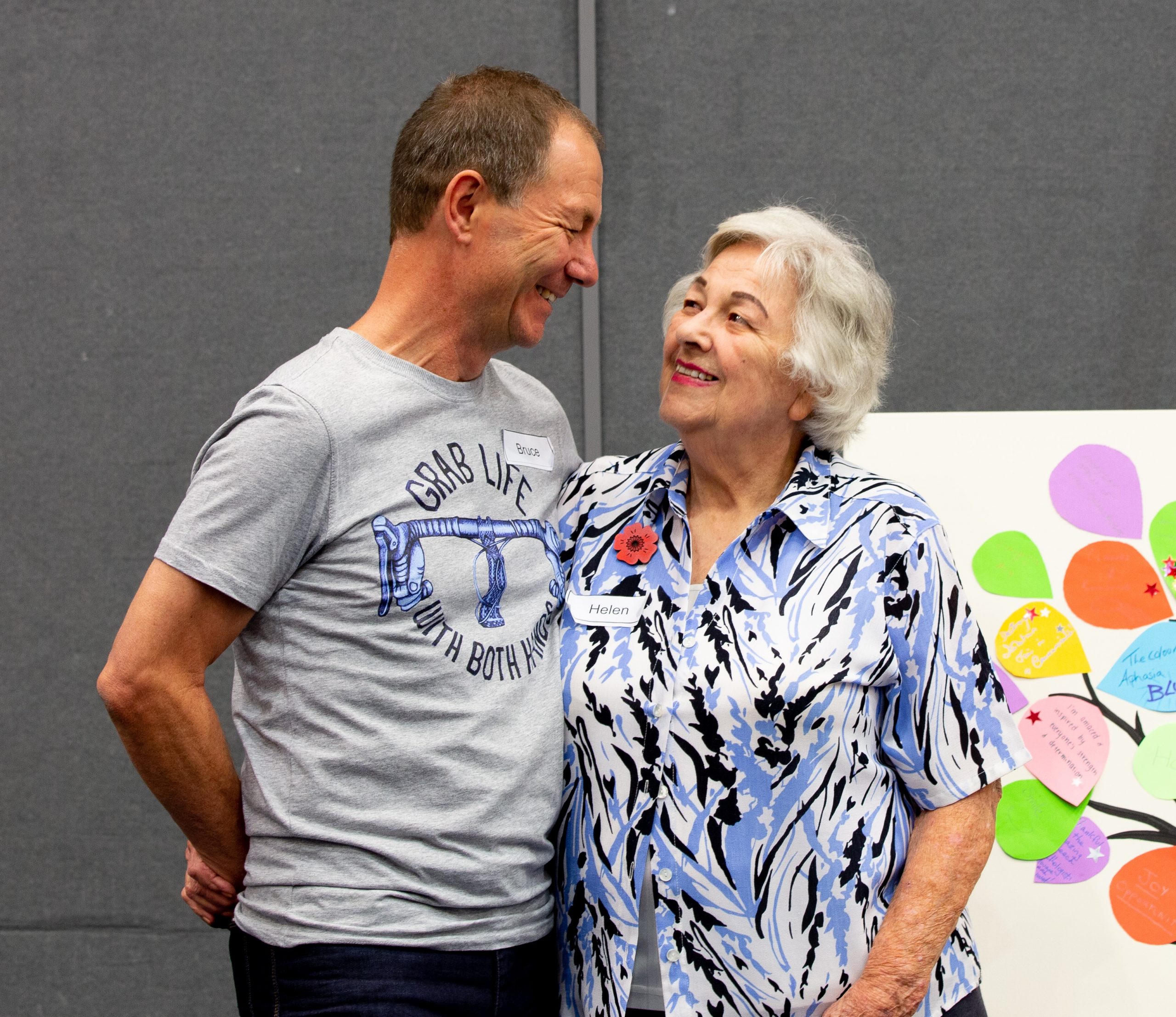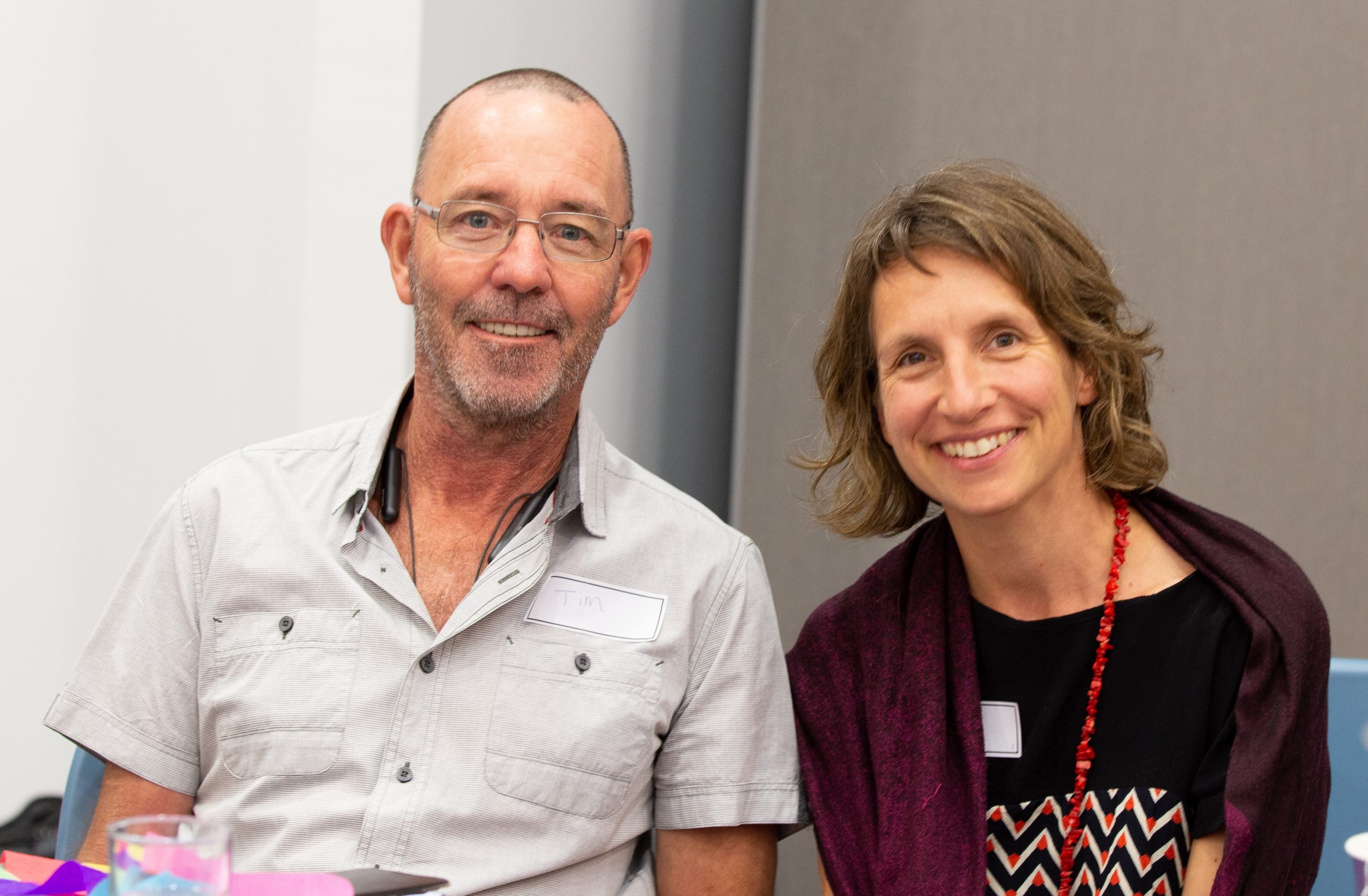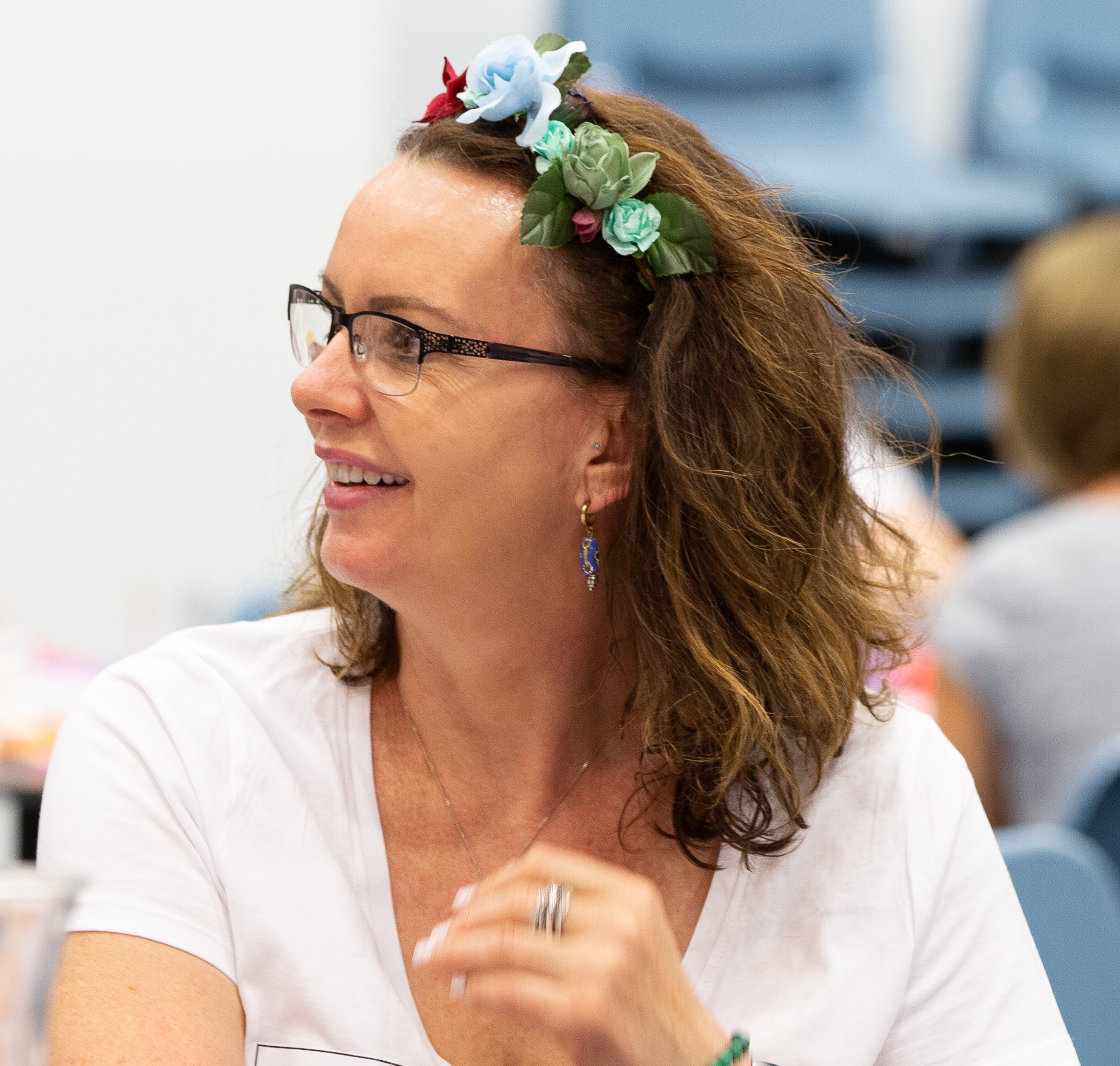What is a carer? A definition of “carer” in the dictionary states:
A carer is someone who is responsible for looking after another person, for example, a person who
has a disability, or is ill or very young.
This is a rather bland definition and I will use my preferred term of “companion” in my story.
My companion journey started when Jill collapsed in the shower. This was caused by a severe stroke.
Our world changed completely. For me it was straight into taking the lead in all aspects of our lives together. Do we train for this like we train in other areas of our lives? No.
In the previous forty years of our life together, Jill had always had control of our finances. Immediately these responsibilities transferred to me. I visited our bank to learn how to gain electronic access to our accounts and ensuring our regular payments to services were made. I also took on the house cleaning, laundry and cooking. This was all done during the period of visiting Jill each day in ICU.







